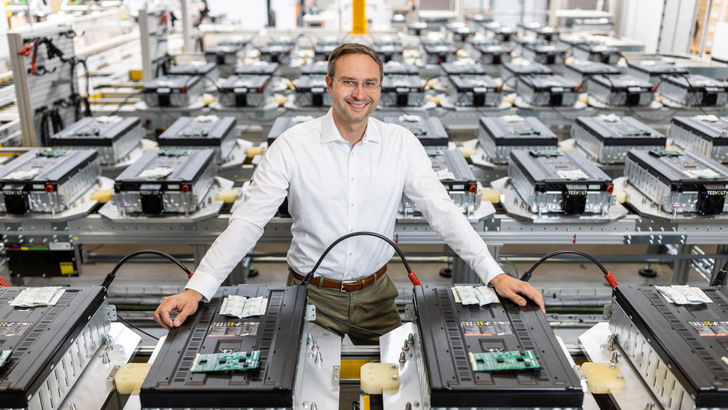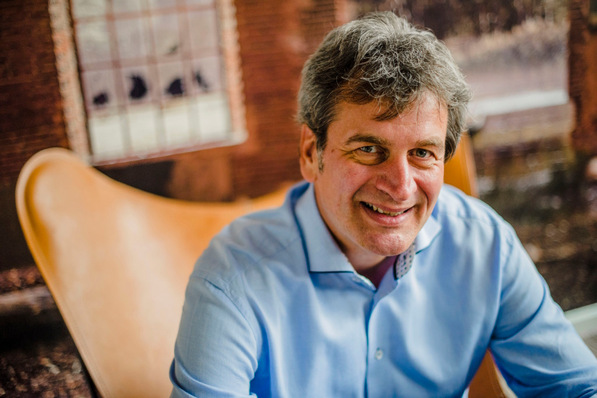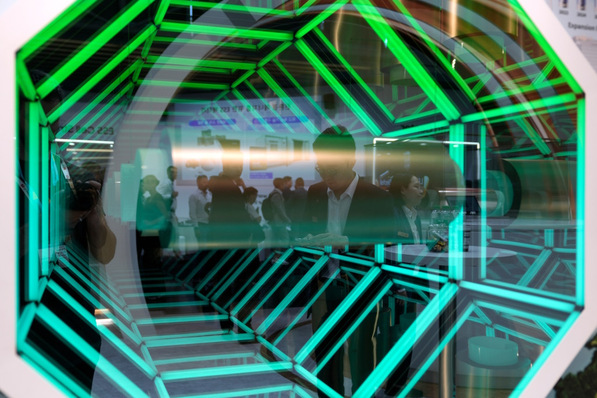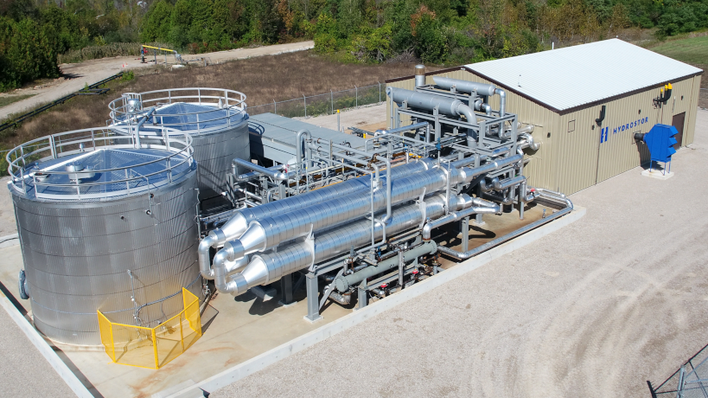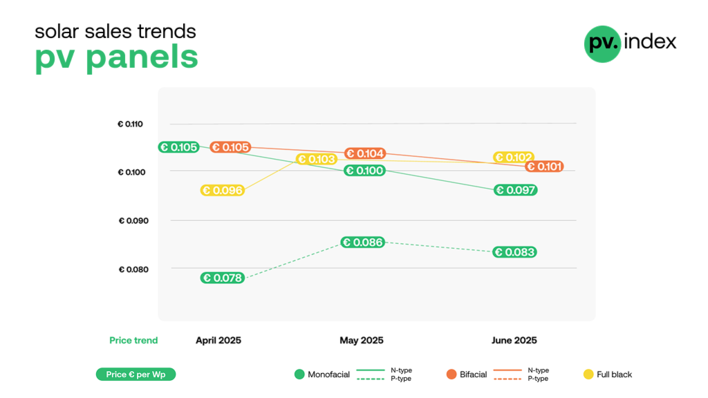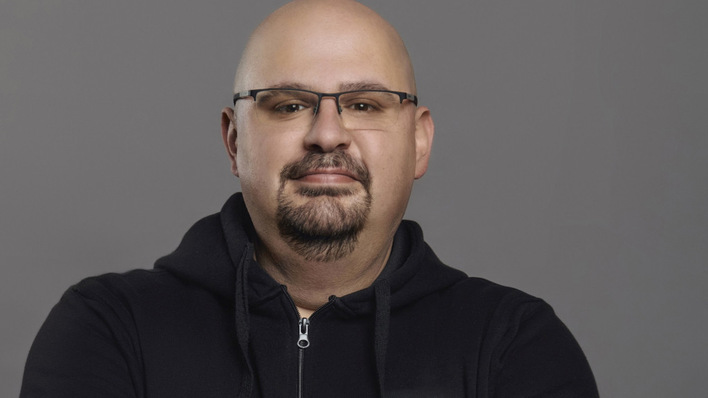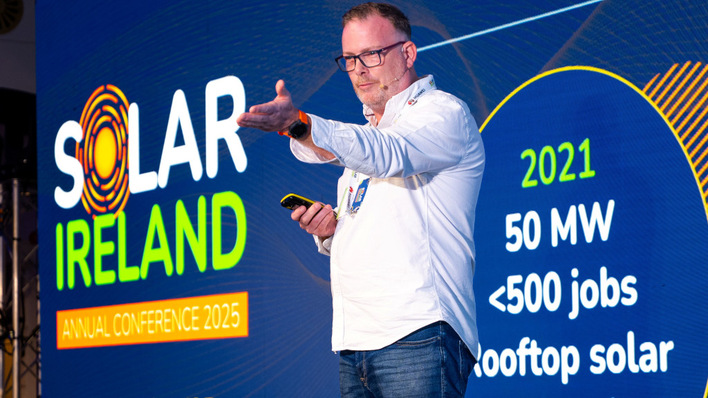How did 2023 go for Tesvolt?
Daniel Hannemann: It was a good year, we grew by around 30 per cent. The product launch of our new commercial storage system was slightly delayed. But demand has increased significantly, especially for storage units with an output of between 50 and 500 kilowatts. It was also very high at the end of 2023. We effectively worked right up until the last working day to fulfil the orders. We now have around 270 employees.
Stay up to date and sign up for our newsletter!
So things are going better in the commercial sector than in the home segment?
The market for home storage systems had an interim high due to the war in Ukraine. I think it is now normalising to pre-war levels. This is driving many installers into the commercial sector in order to broaden their base.
The fall in prices should play into your hands ...
Of course. Our commercial customers are calculating very carefully. The falling prices for solar modules are improving the prices for commercial systems. This allows for strong returns and offsets the high interest rates. At the end of 2023, a commercial rooftop system cost only half as much as at the beginning of the year.
What do you expect from politicians in order to stabilise the growth in commercial storage systems?
Business would be even better if certification in accordance with VDE AR-N 4110 were simplified. Until now, many installers have been reluctant to exceed the 135 kilowatt limit. We hope that the planned simplifications will come quickly. Then it will be possible to connect systems up to 500 kilowatts to the grid without a system certificate if the feed-in power does not exceed 270 kilowatts. That would give a real boost.
What other hurdles do you have to deal with?
Unfortunately, the fact that the storage unit cannot be used for functions in the building and for the electricity grid at the same time still has an inhibiting effect. For example, the principle of exclusivity prevents self-consumption and trading in the grid at the same time. However, the BMWK is on the right track with its recently published strategy paper for Electricity storage units, which I would like to expressly praise. Now we need to move swiftly into implementation.
It's not just the prices for modules that are falling. Battery prices are also falling, aren't they?
That's right, raw material prices fell in 2023. This has made the cells up to 15 per cent cheaper. We have already passed this reduction on to our customers.
What is the demand like outside Germany?
International markets such as the Netherlands, Belgium, Italy and the UK are growing. We are certified there via SMA inverters. From the first quarter of 2024, we will also be offering our training courses to international partners, mainly online.
How do you manage to sell and install more devices in more countries in less time?
We are investing a lot of money in digitalisation. This starts with system planning, through the configuration of the storage cabinets and the calculation of cost-effectiveness, to commissioning and service. Unlike home storage systems, the applications for commercial storage systems are usually very complex, as they cover many utilisation models and functions in the company. We already offer this in several languages.
Current articles on solar storage
How high is the proportion of digitalisation to date?
Around 80 per cent of all planning is already digital for us and our specialist partners. We handle the remaining 20 per cent in our back office in Wittenberg as manual support. This concerns larger and particularly complex applications. We have invested a lot in digitalisation. Otherwise, it will be difficult to scale production and sales. We have also digitalised the flow of goods in our factory, both for the assembly lines and warehouse logistics. With a delivery time of four weeks, we are very close to our customers and their wishes. Nobody tolerates delays.
The interview was conducted by Heiko Schwarzburger.
Daniel Hannemann is CEO of Tesvolt in Wittenberg. His professional career began with a solar park project developer and a game server rental company. In 2014, he founded Tesvolt together with CTO Simon Schandert. The two founders initially built a prototype for farmers. Tesvolt subsequently grew rapidly and set up a gigafab for commercial storage systems with lithium cells in Wittenberg. (mfo)


